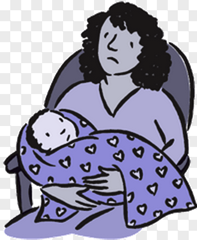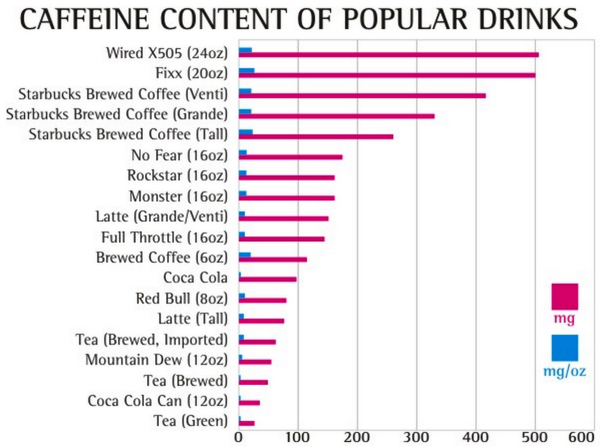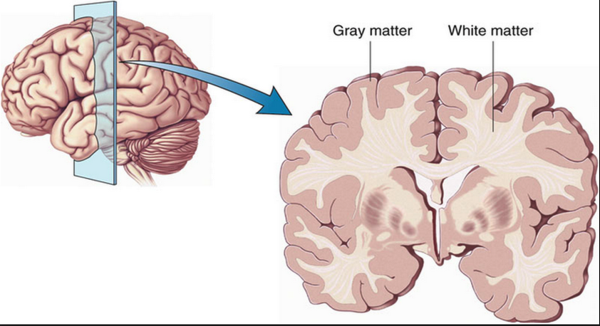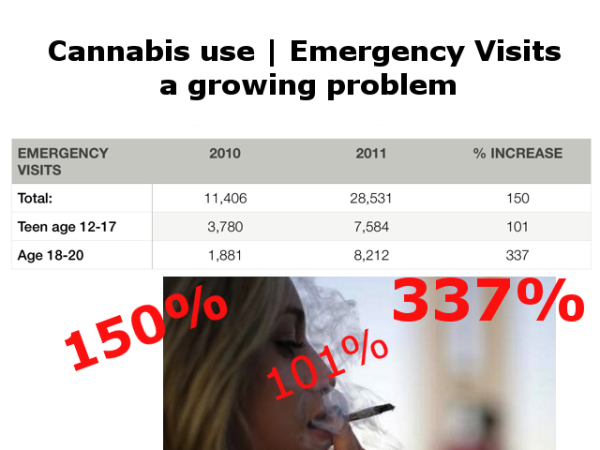Do I have SAD? | The U.S. National Library of Medicine notes that "some people experience a serious mood change when the seasons change.
They may sleep too much, have little energy, and may also feel depressed. We have to agree, and with winter here in Minnesota, you get lots of cloud cover and bitter cold, all adding to the components that can lead to SAD.
Seasonal affective disorder also known as SAD or winter depression, the winter blues or seasonal depression. This affects millions of people, education and understanding of this pattern is important to finding out how to best treat it.
What are the signs and symptoms?
- Difficulty waking up
- Nausea
- Tendency to oversleep and overeat
- Craving for carbohydrates (leading to weight gain)
- Lack of energy to perform daily activities
- Difficulty concentrating on or completing tasks
- Withdrawal from friends, family, and social activities, and decreased sex drive










